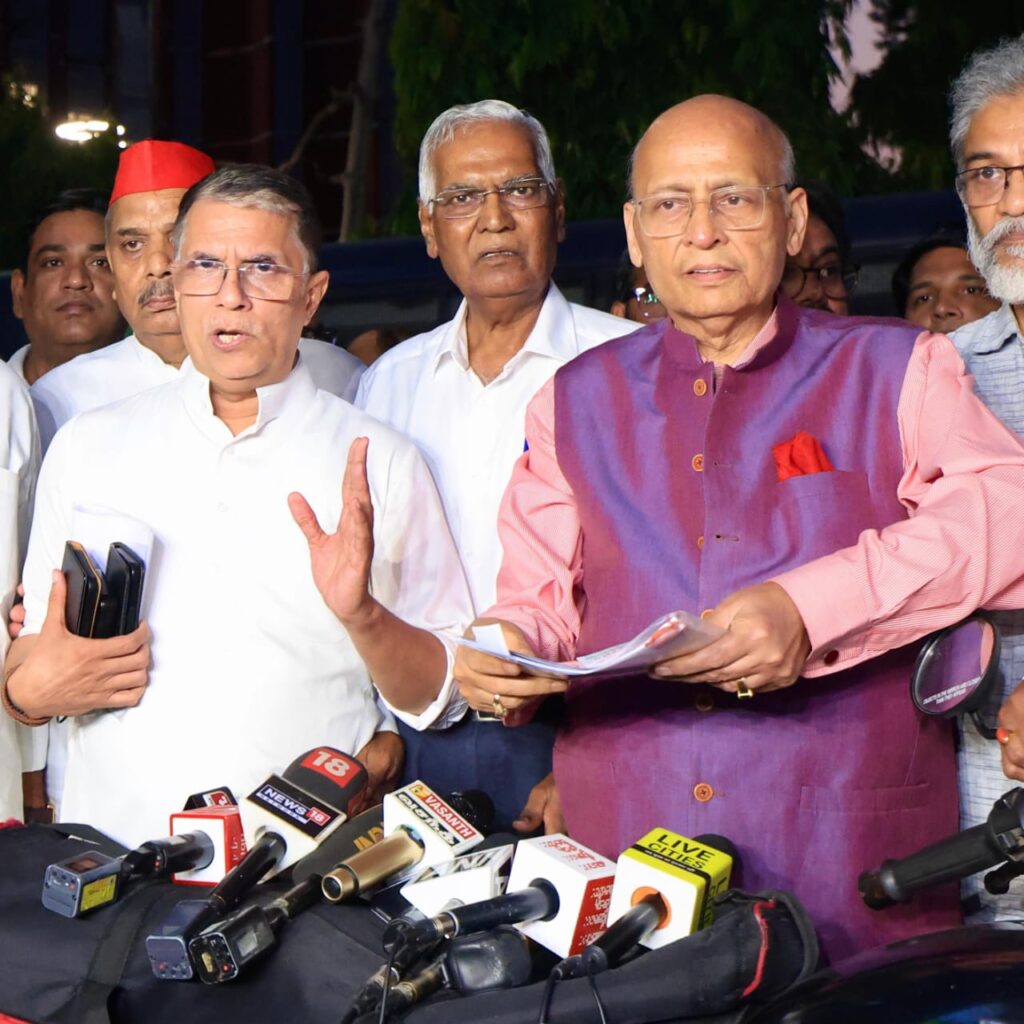
On June 24, 2025, the Election Commission of India (ECI) issued a notification announcing a Special Intensive Revision (SIR) of the electoral rolls in Bihar, ahead of the upcoming state assembly elections. The revision aims to conduct in-person verification of every household in the state and to re-register eligible voters after checking their identity and supporting documents. According to the ECI plan, the existing electoral rolls will be discarded entirely and replaced with a fresh roll.
Concerns Over Deletion of Genuine Voters
There is a strong apprehension that the methods, timeline, and procedures involved in this SIR could lead to the exclusion of large numbers of legitimate voters particularly those belonging to marginalized communities. Such a mass deletion would have a serious impact on democratic participation in the upcoming elections.
Arbitrary Documentation Requirements
The Commission has imposed complicated and excessive documentation rules, demanding voters submit their own and their parents’ birth certificates based on their year of birth. These stipulations are not only arbitrary and inconsistent but also impose a heavy burden on Bihar’s 8.1 crore projected eligible voters (as per Ministry of Health & Family Welfare, 2019 data).
Ambiguity in Exemption Criteria and Verification
Although a subsequent Press Note dated 30th June 2025 attempted to clarify some aspects, major concerns remain unresolvedespecially for those not covered in the 2003 voter list revision. The ECI appears to exempt individuals whose names existed in the 2003 rolls from re-registration, while requiring others to start afresh. This classification lacks transparency and legal justification. Additionally, there is no clarity on how the ECI verifies whether someone has married, changed their name, or shifted residence since 2003. Furthermore, statements about a fixed number of voters needing re-verification lack verifiable data, raising doubts about their accuracy and intent.
Risk of Misuse and Voter Disenfranchisement
The SIR, presented as a corrective mechanism, effectively transfers authority to government officials who will now decide the validity of voters’ documents. This creates room for misuse and selective inclusion or exclusion of voters. It opens the door to systemic voter disenfranchisement through administrative discretion.
Lack of Stakeholder Consultation
Given the significance of this revision exercise, it is essential that the ECI had undertaken consultations with all major political parties and stakeholders before announcing the SIR. Initiating such a large-scale operation without inclusive dialogue raises serious concerns about transparency, procedural fairness, and democratic accountability.
Established Legal Rights of Voters Ignored
As per the Representation of the People Act, 1950, any Indian citizen aged 18 or above and residing at an address under any of the country’s 19,300-odd postal PIN codes is entitled to voter registration. The current SIR process appears to sidestep this basic statutory right, placing unlawful and unclear restrictions on voter inclusion.
Lack of Legal Clarity in Birth Certificate Requirement
It is uncertain under which statutory or regulatory provision the ECI is making it mandatory to submit parental birth certificates as a precondition for enrolment. No legal basis or rational justification has been clearly provided for this demand, making the process opaque and exclusionary.

